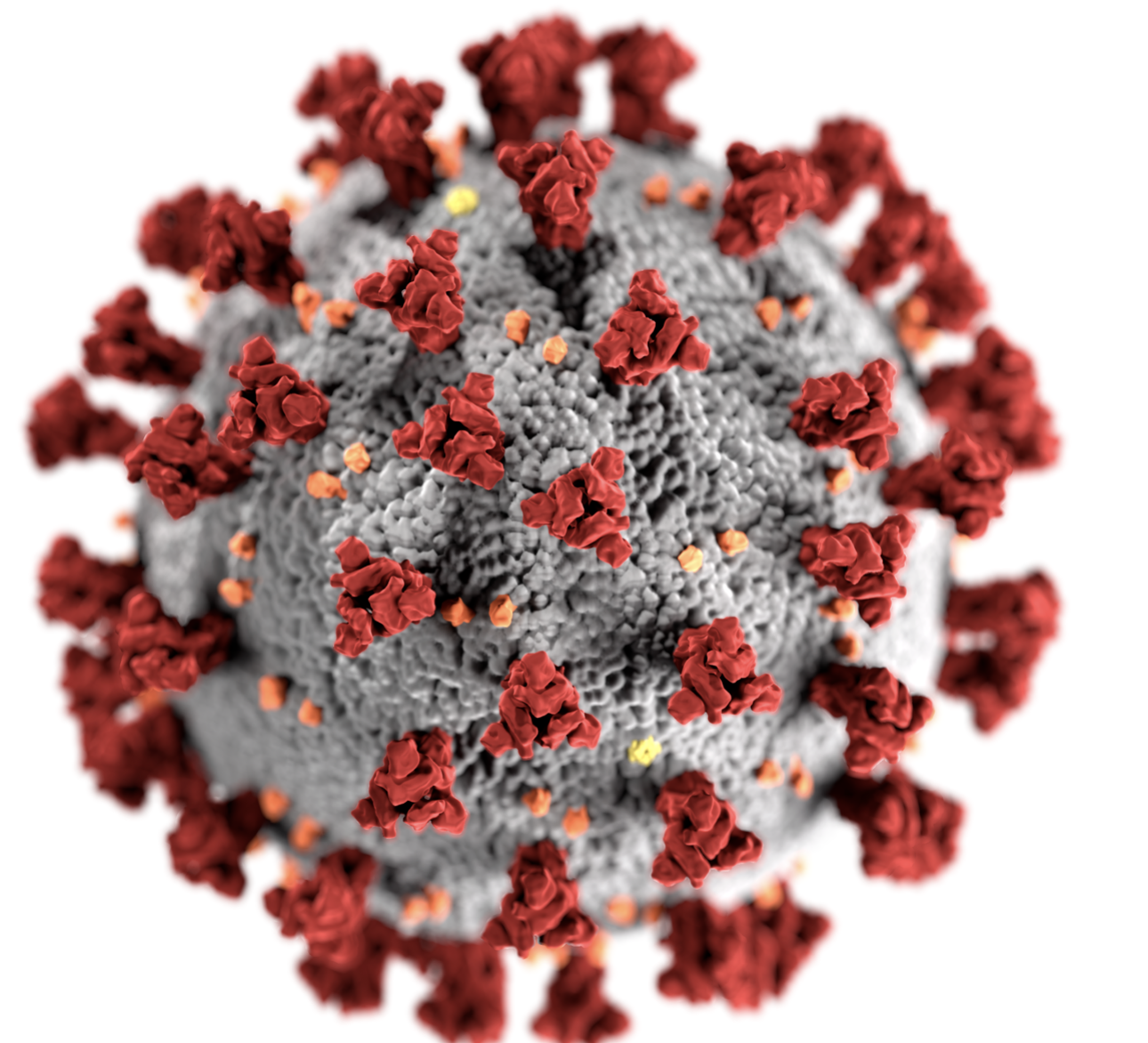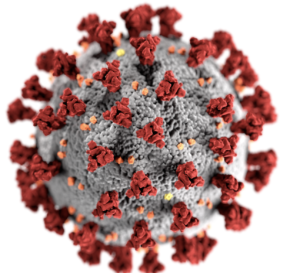

In a recent Substack post, George Mason University economist and former EconLog blogger Bryan Caplan attempts to distinguish between two different viewpoints of prominent libertarians about appropriate policy responses to COVID. He focuses fairly selectively on four economists at George Mason University–Tyler Cowen, Alex Tabarrok, Don Boudreaux, and Daniel Klein–and on Phil Magness of the American Institute for Economic Research.
His distinction doesn’t hold up.
Bryan sorts these five people into two competing viewpoints. He puts Alex Tabarrok and Tyler Cowen into the category of people who “pushed for the freedom to fight COVID.” He puts Don Boudreaux, Dan Klein, and Phil Magness into the category of people who “pushed for freedom from the fight against COVID.”
I think Bryan’s categorization of Tabarrok and Cowen is roughly correct.
What’s off is his categorization of Boudreaux, Klein, and Magness. It’s true that they wanted people to have freedom from the government interventions that he specified. But in no way does that mean that they wanted people to be free from the fight against COVID. There were many ways to fight against COVID: allowing people to use Ivermectin, for example, or making sure that state governments didn’t put carriers of COVID into nursing homes where they would infect the most vulnerable. (Governors Cuomo of New York, Murphy of New Jersey, Wolf of Pennsylvania, and Whitmer of Michigan all did this.) I don’t recall how frequently these three denounced these governors’ measures but I’m pretty sure they did. Also, I think they denounced the absurd idea of giving the vaccine first to the politically powerful and not prioritizing the elderly.
And even if I’m wrong about this, there are libertarians who fit both categories. I’m one of them. I argued strongly against lockdowns, and not just late in the game but in March and April of 2020. I opposed the lockdowns in a March 22, 2020 radio interview, I wrote an April 13, 2020 article, “Liberation from Lockdown Now!” in which I advocated ending the lockdowns, and I debated University of Michigan economist Justin Wolfers on the lockdowns in late April 2020.
I also argued strongly for the freedom to fight COVID with drugs. I was quite outspoken about Ivermectin, and political allocation of initial vaccine jabs. Charley Hooper and I argued for loosening the FDA requirement for efficacy in a March 25, 2020 Wall Street Journal article. Also, in December 2020, Charley Hooper and I denounced “The FDA’s Deadly Caution” in approving the COVID vaccine.
Maybe I’ve answered something I wondered about when I first read Bryan’s post: why he didn’t mention me. Could it be that I didn’t fit at all into one category but, instead, spanned both, and so it didn’t fit his dichotomy? I understand the temptation to set up dichotomies. But contradictory evidence can mess up many an hypothesis.

READER COMMENTS
Kevin Dick
Jan 4 2023 at 4:40pm
I was also annoyed by that post as I also advocated both positions. In fact, it seems like holding both positions is the obvious default for those of the libertarian persuasion.
Tyler’s and Alex’s focusing mostly on the one freedom always seemed strange. Bryan would have had more opportunities for insight by exploring why they never strongly endorse the other freedoms.
I vaguely remember Tyler responding to some criticism of his apparent tacit lockdown acceptance with an uncharacteristic semi-tirade that his pro-vaccine position was the superior one and me being very puzzled that he framed it as either/or.
David Henderson
Jan 4 2023 at 5:42pm
You write:
Exactly.
Re Tyler, he did get pretty upset at me for challenging his pro-lockdown position.
TGGP
Jan 4 2023 at 5:19pm
I judge people based on the accuracy of their predictions. Bryan Caplan has won all his public bets so far, but expects to lose one on global warming. On COVID, Greg Cochran (noted for his “creepy oracular powers“) repeatedly won bets on the death tolls (as well as how quickly a vaccine could be made, which Caplan discussed in his post) while the Ivertmectin-as-antiviral folks have not.
Jon Murphy
Jan 4 2023 at 5:32pm
Shouldn’t Ivertmectin be judged by its ability to reduce death on the margin rather than the total dealth count?
David Henderson
Jan 4 2023 at 5:41pm
You write:
Actually, I won my bet on death tolls. I posted about it in about June 2020.
I’m not familiar with any bets on ivermectin and death tolls. Can you provide a cite or two?
TGGP
Jan 5 2023 at 12:27pm
You made a number of posts in June of 2020, but when I searched here with you as the author and “bet”, “wager” or “gamble” none came up.
David Henderson
Jan 5 2023 at 1:41pm
It was on July 7, 2020.
Here it is.
Knut P. Heen
Jan 5 2023 at 10:47am
I listened to all the podcasts James Miller made with Greg Cochran several times during the first year of Covid. They made fun of Richard Epstein who first said 500 deaths, then 5000 deaths. But Cochran said 5 million deaths for the first year. Around 500 000 was correct for the first year. Epstein missed by 499 500. Cochran missed by 4.5 million. I guess Cochran may argue that he only missed by a factor of 10 while Epstein missed by a factor of 1000, but since when did we start measure forecasting errors by the logarithmic scale?
TGGP
Jan 5 2023 at 12:22pm
The largest number Greg ever gave was what would happen if we did nothing. But that’s not what we did, so the actual death tolls he (successfully) bet on were lower.
Ken P
Jan 5 2023 at 10:54pm
Great asessment, David. I agree that the terminology is incorrect for Bordreaux and company. I also believe they were quite favorable to the reduced regulatory approach favored by the “other camp” that would have resulted in faster vaccine approvals. Funny how, regulatory agencies have switched from “we need more data from the 40,000+ human study” in October 2020 to touting baseless claims for the bivalent booster on the basis of a single serology study in 8 mice in Fall 2022.
By disapproving of non-voluntary NPIs, like mask & vaccine mandates, they weren’t opposing the fight against covid. They were opposing the power of others to impose their flavor of Covid approach on the unwilling.
I’m extremely pro the Covid-vaccines and know that studies show they saved many lives among those at risk. I am also very anti-mandate, even if the risks were small for most groups. Based on studies performed so far, I fear the risks were actually large for the young and healthy. They likely damaged many, especially college age males who were most at risk of myocarditis and fell into situations where they were more likely to have multiple rounds of boosters mandated on them. Vanay Prasad just released a great paper summarizing this issue. The EU did not recommended boosters for the young for this reason.
This pandemic was in many ways an obvious case for focused protection approach, but was badly fumbled by policy makers and those who supported many of the NPIs taken.
Comments are closed.